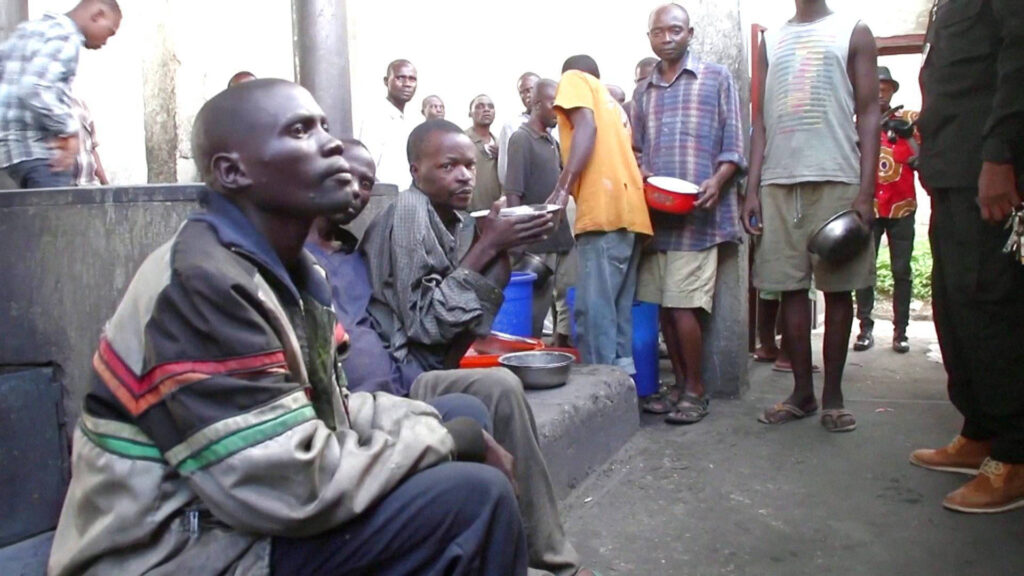Farmers in Kenya are increasingly turning to camels as a drought-resistant alternative to the cattle they have traditionally raised. In rural Kenya, it’s common to see pastoral farmers with their cattle. For communities like the Borana and Samburu in the northern region, cattle are not just livestock but a symbol of social status, vital for cultural rituals, weddings, and providing milk and meat. However, climate change is disrupting this traditional way of life. In Lekiji village, 252 kilometers from the capital, Abdullahi Mohamud, a 65-year-old camel herder and father of 15, lost nearly all his 30 cattle during the 2022 drought. “I had 30 cattle before the drought, but only one survived,” he recounts. Devastated by the loss, Mohamud invested his savings in 20 camels, believing they offer a more reliable option. The 2022 drought, exacerbated by climate change, killed around 2.6 million cattle. Camels, however, are more resilient and better adapted to harsh conditions. “Cattle are hard to rear due to poor pasture, whereas camels thrive on shrubs and can survive in tougher conditions. When the pasture dries up, cattle perish,” Mohamud explains. The National Disaster Management Authority (NDMA) reported that the drought caused losses of approximately 2.6 million cattle, with damages estimated at 226 billion Kenya Shillings (about 1.75 billion USD). The growing population has intensified competition for grazing and water resources. A small camel costs around $600 USD, while a cow is about $150 USD. The Kenya Agricultural Livestock Research Organization (KALRO) notes that over 70 percent of Kenya’s land is rangeland. Despite camels comprising only six percent of Kenya’s herbivore population (about 960,000), they provide significant advantages over cattle. The Somali community in Northern Kenya pioneered camel herding, a practice later adopted by other tribes such as the Samburu, Turkana, Pokot, and Maasai. Integrating camels into traditional herding practices helps pastoralists manage the effects of climate change and maintain food security. Nearby, 26-year-old Musalia Piti now tends to his father’s 60 camels after losing 50 cows to drought. The family has invested in camels, which they can sell for cultural ceremonies when needed. Camels require less water and can graze on a wider variety of plants. Their long bodies reduce sun exposure, aiding in heat stress management. The shift from cattle to camels marks a significant adaptation to climate threats and aims to improve long-term climate resilience. This transition also impacts cultural traditions, especially for the Samburu, where cattle symbolize status and are used as dowry in marriages. Elder Lesian Ole Sempere, 59, stresses the importance of cattle in wedding ceremonies, despite the decreasing herd sizes. Raising camels involves a learning curve and may not immediately match the cultural significance of cattle, but the Samburu remain committed to their traditions, adapting to new realities while preserving their cultural identity. Calvince Okoth, a Veterinarian at Mpala Research Centre, highlights that recent droughts have reduced available pastures. Rotational grazing, involving designated paddocks during the dry season, is a viable strategy, though communal land ownership and encroachment complicate management. Climate change is causing unpredictable weather in the Horn of Africa, prompting farmers to explore new agricultural methods, including fish farming. Camels offer a promising alternative that may help preserve traditional pastoralist lifestyles in the 21st century. Whether these communities will fully embrace camels remains to be seen.










